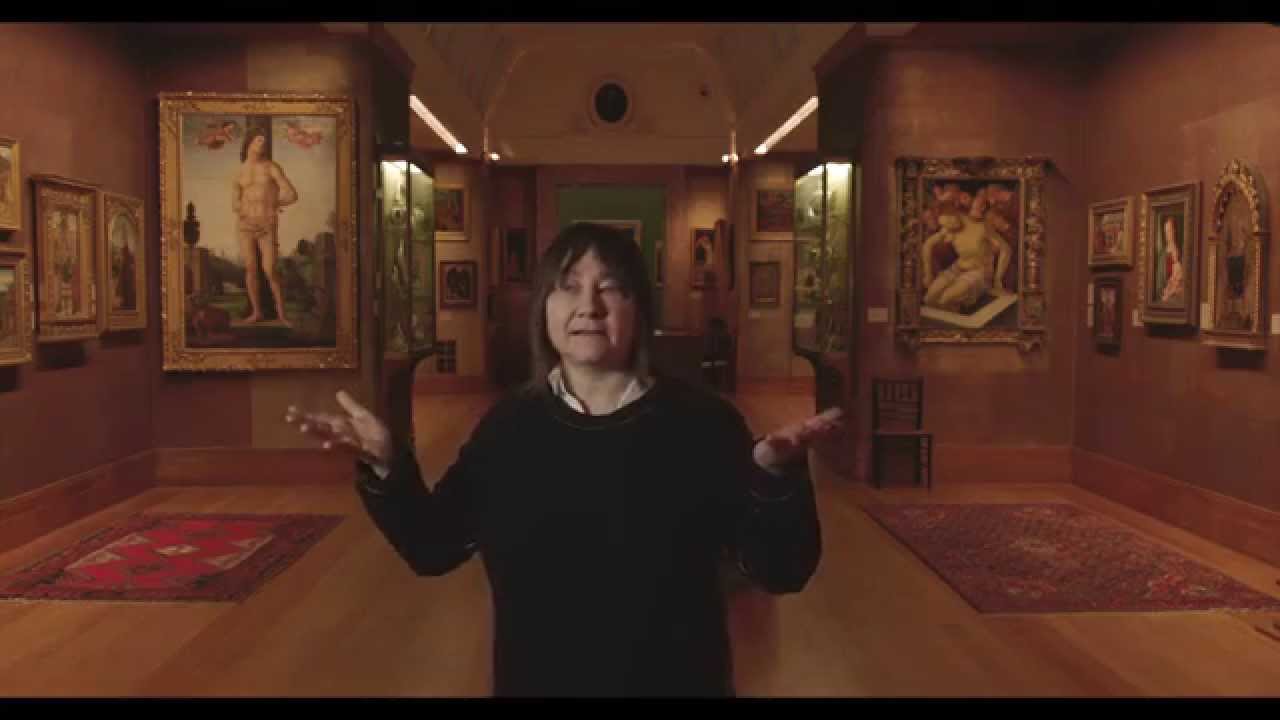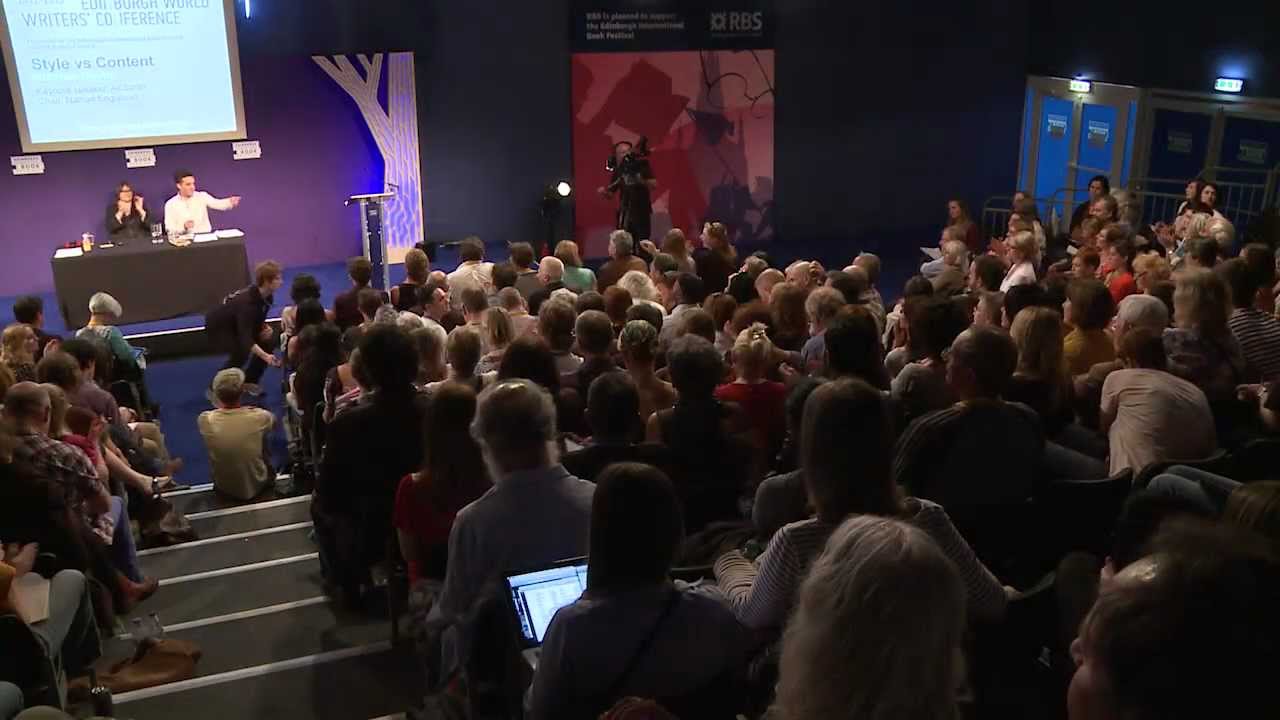probably my favorite part in the book so far!!
there was some low-voltage electricity vibrating through me as a remembered that it was a young girl and women in some kind of government get up that interrupted richard at the end of section one, and then when it happened it felt like the lighting bolt finally exploded. and i was actually really happy for richard, he could really uses florence’s shining light! would anyone else have saved him?
Just to complete the quote bc i underlined it and its incredible:
If we were seasons, I would be following you.
You’d be the end of me, Brit said. You’d kill me off.
No, you’d make me possible, the girl now leaning against her fast asleep said.
201
watching this now
The moment of the stories connecting made me very, very happy as a reader. I haven’t cheated and read ahead yet, so I’m very interested to see if the two stories continue together now, or if there is a third story that will eventually dovetail with the first two.
Overall, I think I connected more with the first book than the second, but I think that’s just a personal preference, and I certainly enjoyed the second as well. I’m looking forward to hearing everyone’s thoughts next week!
as this session comes to a close i wanna say thanks to everyone for the conversation! see you next week, same bat time, same bat channel, to discuss the entire book! & anyone who’s popping in later than this post was made, please feel free to add thoughts any time during the week. see ya soon, & have a good 6 days.
in the interim, i’d like to share two videos on ali smith, just about the only two i can find, actually, but both are exquisite. she is a great speaker: very interesting, quick, unusual ideas that are nevertheless spot on. for anyone who’s interested to know more what she’s thinking i couldnt recommend these more:
I agree about the lack of quotation marks. Given that it’s not in the slightest bit hard to follow who’s talking at any time, they don’t seem necessary at all. It’s a trend I’ve noticed a lot recently.
I find that sort of “modern” stylistic thing to be a very fine line - on one hand you’ve got this, where you feel like the author isn’t trying to look smart, she’s just using the most effective stylistic choice to give the effects she wants. On the other hand, you’ve got something like Will Self’s Umbrella, where he changes character/timeline/storyline mid-sentence with zero explanation and it just feels like he’s trying to impress you, rather than actually being the best way to tell the story he’s trying to tell.
Hello! Liam from Glasgow, Scotland here.
I’m about 2/3 of the way through the book and really enjoying it so far. I’ve been mostly reading genre-fiction for the last while as I’ve not felt up to reading something any more challenging.
I wasn’t expecting the book to be so modernist from the cover (I’ve not read any Ali Smith books before) and really enjoyed the weird opening. I liked how part one wasn’t trying to make you actually like Richard, but you got the impression that he was at least aware of some of his issues. Also as some others have mentioned, his relationship with Paddy (who we see as a positive character) humanises him a bit, as if she sees positive things in him, he can’t be as bad as he thinks he is.
Looking forward to seeing how things tie up (which I’m guessing they will) between parts 1 & 2.
Re her opening statement in the second video, I like how Smith set up Ulysses as the metaphorical fighter in the style corner (around 11 minutes in). And then her ‘point three’ (starting at 14:50) resolves the tension in the entire style vs. content dichotomy… she suggests that we look beyond the ‘vs.’ and see style ‘as’ content. Recognizing that style is integral to great fiction – or else we could just run prose through an algorithmic translator without losing anything – while also asking us to not get stuck in a one-dimensional perspective of what good style looks like.
Also, I love what she says here and I think the second point speaks to what’s happening with the book club: “style isn’t the ghost of the machine, it’s the life that disproves the machine, there’s nothing ghostly about it, it’s alive and human… more, style proves not just individual existence but communal existence… it’s an act at once individual and communal to read a book …” (starting at 15:58).
Really enjoying reading through this discussion everyone!
hey everybody & welcome back!
so now that we’ve finished the book, what’s the general consensus? i have to say for myself that i loved the book, so much about it i thought was adventurous & true. but i want to start by marking one fairly strong reservation, which is the ending. i didnt love it. it moved between annoyingly expository self lacerations from brit—who is just so defensive about being forced to self-reflect, & a fairly ambiguous / open ended conclusion to Florence’s saga. it strikes me that a more ambiguous ending for Brit would have signified more optimism by the author for Great Britain. but as we have it, we have a pretty glum outlook, where Brit is back to work & back to her routine of mistreating migrants, & we have no idea what’s happened ultimately to the bright & shining symbol of spring.
& for that matter we leave richard with the line “yeah but enough about the filmmaker and what russel would call the zzzzzz of his story” 291
i’d like to share this conversation i listened to this week… terrific insight into process, publishing schedule (fast!), smith’s worldview (so compassionate). & they talk about summer which is coming out in like a week, which was written so recently it mentions george floyd…
i really loved the book, and adventurous is such a good way to describe it. i could read about their travels for forever, such a unique and fun group to spend time with!
as for the ending, it does seem pretty bleak right? we do get hints earlier on in this section that richard meets up with florence a few years in the future (implying a maybe happier ending?) 277. i also found hope in the description of the network and how they will always exist and always find ways to make ends meet.
but the final, lasting image is one of family separation and confusion, written with a very despondent, unattached narration (we don’t even use their names anymore) and that is a huge downer ending. i guess not everything can be as fantastical and happy as some of this book feels
i’m finding a line in the section you just pointed to, alda is speaking “but then, sometimes there’s an improbability, a moment against the odds, and the door opens, the thinnest of cracks” 276
I loved this book so much!! Hard to go back to the Murakami book I was reading before… made it seem whimsical and irrelevant. The frenetic beginning of each section ga e me chills… so accurately portraying how my brain works, and the content was so poignant and relevant to out current situation. The social media piece was especially strong. Thank you for introducing me to this author… so good.
i have a question for @esh and any other creative types here: what is the lasting impact of reading on you and the art you create? i know its too soon to tell what you may take away from Spring, but i am curious if this book has inspired anything new that you want to chase down and what that process looks like
Was anyone else a little surprised that there wasn’t more of an explanation for Florence’s ‘abilities?’ The book seems very rooted in our world, the real world, and yet she is able to circumvent some pretty steep obstacles. I’m not saying they needed to say “She’s a mutant from the Xavier School for Gifted Children,” but I felt like there was going to be some sort of discussion, or open questioning, of how she was able to charm everyone so easily.
agreed. it was pretty bleak to see brit just return to normal (maybe even worse than before, i’d argue? since she does find herself taking shifts to work with russell).
in the end, when florence and alda dodged brit, she took it personally. she made it about herself rather than florence getting to safety, which i think is a common theme in allyship. if it didn’t make her feel better, then what’s the point?
i decided to take the ending as a warning. we like to believe that one shining moment of clarity, or compassion, can change our lives and turn us all into better people. but i think what brit failed to realize, and what we all often fail to realize, is that changing the world and the powers that be is often a struggle, and a thankless one at that.
but then…
“do you know what happened? he says. to the child, and the mother? i met the girl with no idea what was happening. so preoccupied with my own drama. but that girl, carrying such a weight. the weight of her own story, and even so. stopping like she did to help me with mine.
alda shakes her head.
we dont know the end of that story, she says.” 277



